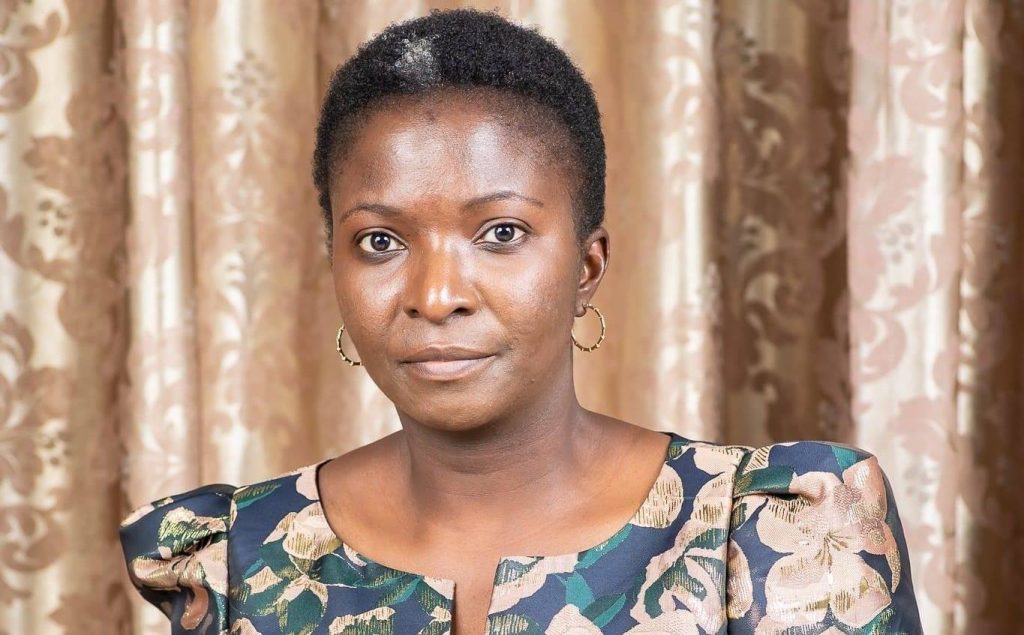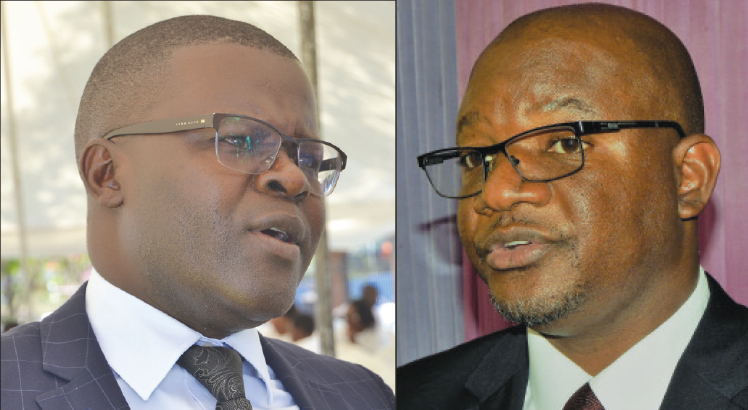The Public Procurement and Disposal of Assets Authority (PPDA) and the Malawi Police Service (MPS) are playing hide-and-seek on how a K7.8 billion contract was awarded in 2018 to a suspected ghost company.
This is in relation to a botched deal which the PPDA was accused of un-procedurally giving a ‘No Objection’ to award a contract to Black & Veach to undertake consultancy services at Kam’mwamba Coal-fired Power Generation Project (KCPGP) in Neno District.
The company was to provide technical support, supervision and management of the 1 000 megawatt (MW) thermal plant project without the Anti-Corruption Bureau’s (ACB) vetting.
In October 2019, a Weekend Nation investigation revealed that despite being awarded the lucrative contract, Black & Veach did not appear on PPDA’s website as one of the registered companies and it was also not found on any open source search.
This was after PPDA posted on its website that KCPGP had awarded the contract for consultancy services to the firm on June 22 2018 using the single source method of procurement under the parastatal awards in the category of K50 million and above.
The development prompted then ACB director general (DG) Reyneck Matemba to investigate the deal after noting that the graft-busting body did not receive any request from the PPDA in respect of that company.
Confirms ACB did not vet contract: Chizuma
The PPDA Act mandates ACB to vet single source method of procurement or high value procurements in accordance with powers conferred on the bureau under Section 10 of the Corrupt Practices Act.
“Our records do not show that we vetted a company called Black & Veach in relation to the Kam’mwamba Power Generation Project. However, upon receipt of your questionnaire, we carried out preliminary investigations about this company and our findings indicate that the company is not registered here in Malawi and it is also not found on open source search.
“In this regard, we will, among other things, look at whether the Corrupt Practices Act, the Public Procurement and Disposal of Assets Act or, indeed, any other law was breached in the award of this contract,” Matemba told our sister newspaper The Nation of October 29 2019.
However, Malawians are yet to appreciate the circumstances surrounding the awarding of the deal that attracted public interest after news went viral that the alleged ghost company was linked to a State House family member.
But the Ministry of Natural Resources, Energy and Mining was quoted then as saying that KCPGP had spent K1.3 billion from the K7.8 billion contract sum.
K1.3 billion was spent
The ministry’s former spokesperson Sangwani Phiri said the firm used its own procurement team and much of the money was spent on office operations and compensation to the communities affected by the purchase of the land.
Weekend Nation could not establish whether any money was paid out to Black & Veach from the K7.8 billion contract, besides the K1.3 billion spent on the project.
In November 2019, former president Peter Mutharika also ordered a probe into the issue after social media was awash with reports that his wife Gertrude was linked to the non-existent company.
Mutharika’s press secretary then Mgeme Kalirani told local media that regardless of the fact that the said contract did not belong to the first lady, the president wanted investigating authorities to get to the bottom of the matter regarding the ghost contract.
ACB did not vet contract award—Chizuma
ACB director general Martha Chizuma said in a written response her office discontinued the investigations and left the Fiscal Police to proceed having noted that the law enforcement agency had already covered a larger part.
Further, she disclosed that the bureau did not proceed with investigations on the matter in line with Section 10(2)(a) and (b) of the Corrupt Practices Act (CPA).
However, Chizuma told Weekend Nation that inquiries established that PPDA and Fiscal Police conducted investigations and, indeed, established that Kam’mwamba Power Generation Company engaged Black & Veach.
The ACB chief further said Fiscal Police investigated and obtained a statement from the then PPDA director general Elias Hausi.
“Enquiries established that PPDA and Fiscal Police conducted investigations and established that Kam’mwamba Power Generation Company engaged B&V before Hausi joined PPDA,” she said.
Hausi, in an e-mailed response to Weekend Nation of October 26 2019, confirmed that the procurement came through his office and based on their review it satisfied all requirements demanded by the legal framework in selecting a successful bidder.
For over a month PPDA has not responded to our inquiry on the issue despite numerous reminders. On Thursday, PPDA spokesperson Grace Thipa said she was consulting with authorities on the matter and hoped to revert to us, but by press time she had not done so.
But National Police deputy spokesperson Harry Namwaza said in an interview on Wednesday: “Sometimes you cannot put a time-frame to investigations.”
Chizuma, however, insists the two public institutions were better placed to provide information on what happened.
PPDA, Police should come out clear
Faith-based governance watchdog Catholic Commission for Justice and Peace (CCJP) has faulted PPDA and MPS for playing hide-and seek-on a public interest matter, saying the two bodies were acting contrary to the spirit of accountability and transparency.
CCJP national coordinator Boniface Chibwana said the conduct of PPDA and MPS was not surprising, though, as their functions are sometimes politically-compromised owing to how they draw their operational mandate.
“Effectively, the two accountability bodies are abrogating their public obligations and duties as their stance on the matter does not advance the interests of Malawians. The ACB should still intervene to establish whether there are corruption elements preventing the disclosure of information by PPDA and Fiscal Police,” he said.
Chibwana hinted that the PPDA and MPS leadership could be taken to task for failing to disclose public information under the access to information legal regime and relevant parliamentary committees, like the Legal Affairs Committee, which could intervene to move the two public agencies to act as required by law.
On his part, National Anti-Corruption Alliance chairperson Moses Mkandawire advised PPDA, MPS and ACB to come out clear and explain what exactly happened to stall the investigations and prosecution, if any.
“Civil society organisations must also come in and monitor the process and where possible influence the next course of action. The media should continue putting pressure on all involved so that the truth is known.
“Naming-and-shaming could be another strategy that can be used in this episode. This collective approach would help us deter those who are swindling, embezzling and stealing our public resources when the majority of Malawians are walloping in abject poverty,” said Mkandawire, who is also director of Church and Society of the CCAP Livingstonia Synod.
In 2019, Hausi told Weekend Nation that information PPDA received from Kam’mwamba Coal-fired Power Generation Project showed Black & Veach was registered and based in the United States of America (USA).
But in its investigation, Weekend Nation established that there was no firm in USA named Black & Veach that had a contract in Malawi. Equally, the firm did not appear on the country’s National Construction Industry Council (NCIC) website as a registered company. NCIC regulates the construction Industry in the country.
Even the US Embassy in Malawi then said in a written response through its public affairs officer Douglas Johnston that it was not aware of involvement of any US company bearing the name Black & Veach in Malawi.
The known US-based company bearing a similar name is Black & Veatch (with a ‘t’), whose director of external communications and corporate marketing Patrick MacElroy told Weekend Nation it had no business dealings in Malawi.
In an e-mail response, he said their regional office in Johannesburg, South Africa communicated that the company had no contract with KCPGP.
The KCPGP initial plan involved construction of a 300MW plant comprising six units of 50MW each in the first phase with funds borrowed from China’s Export and Import Bank.
However, government dissolved KCPGC and passed on the project’s operations to Electricity Generation Company (Malawi) Limited in 2019 to implement and, according to information posted on its website, it is expected the project will be completed in 2024.
The post ‘Cover up’ on a ghost deal appeared first on The Nation Online.
 Moni Malawi
Moni Malawi 

